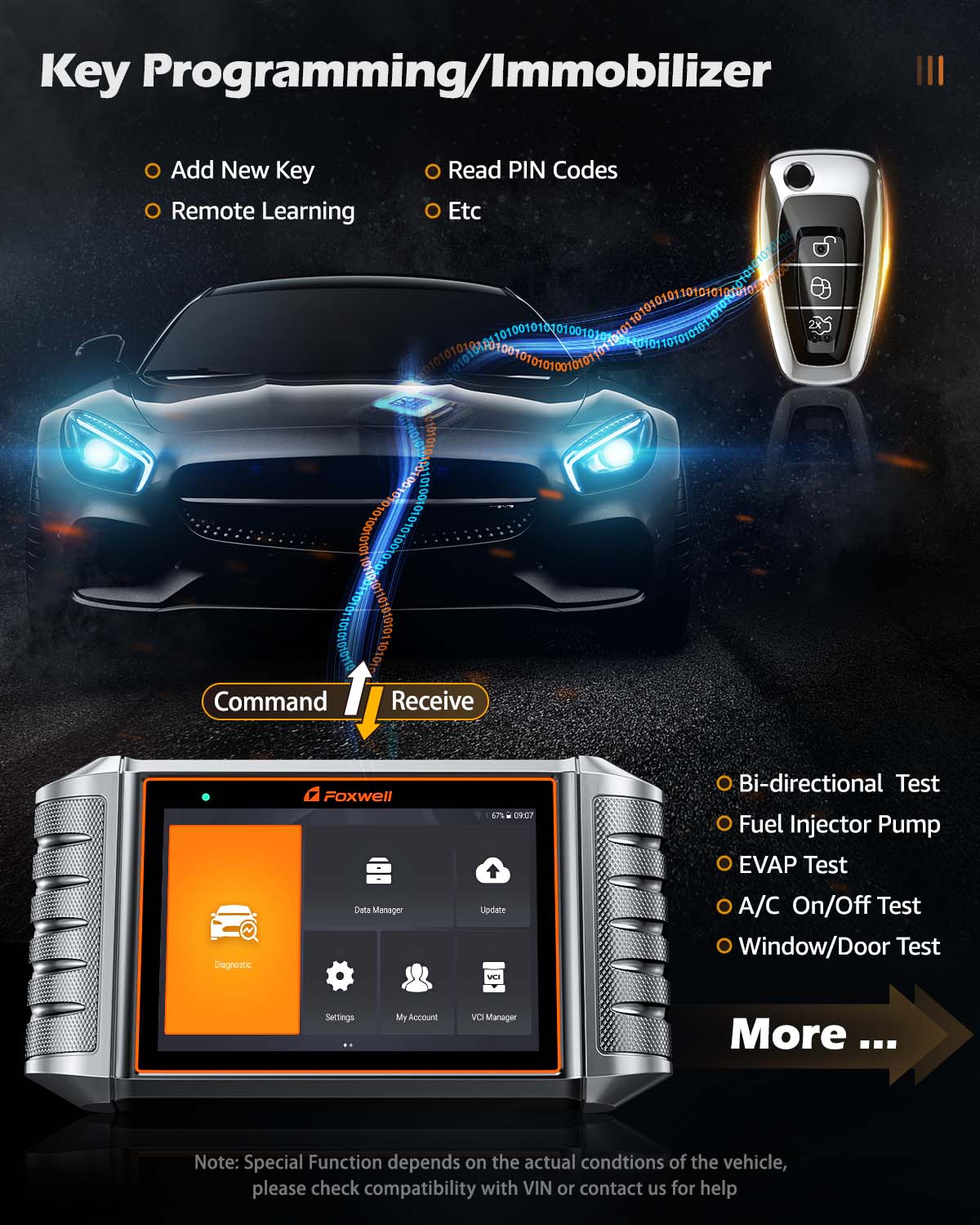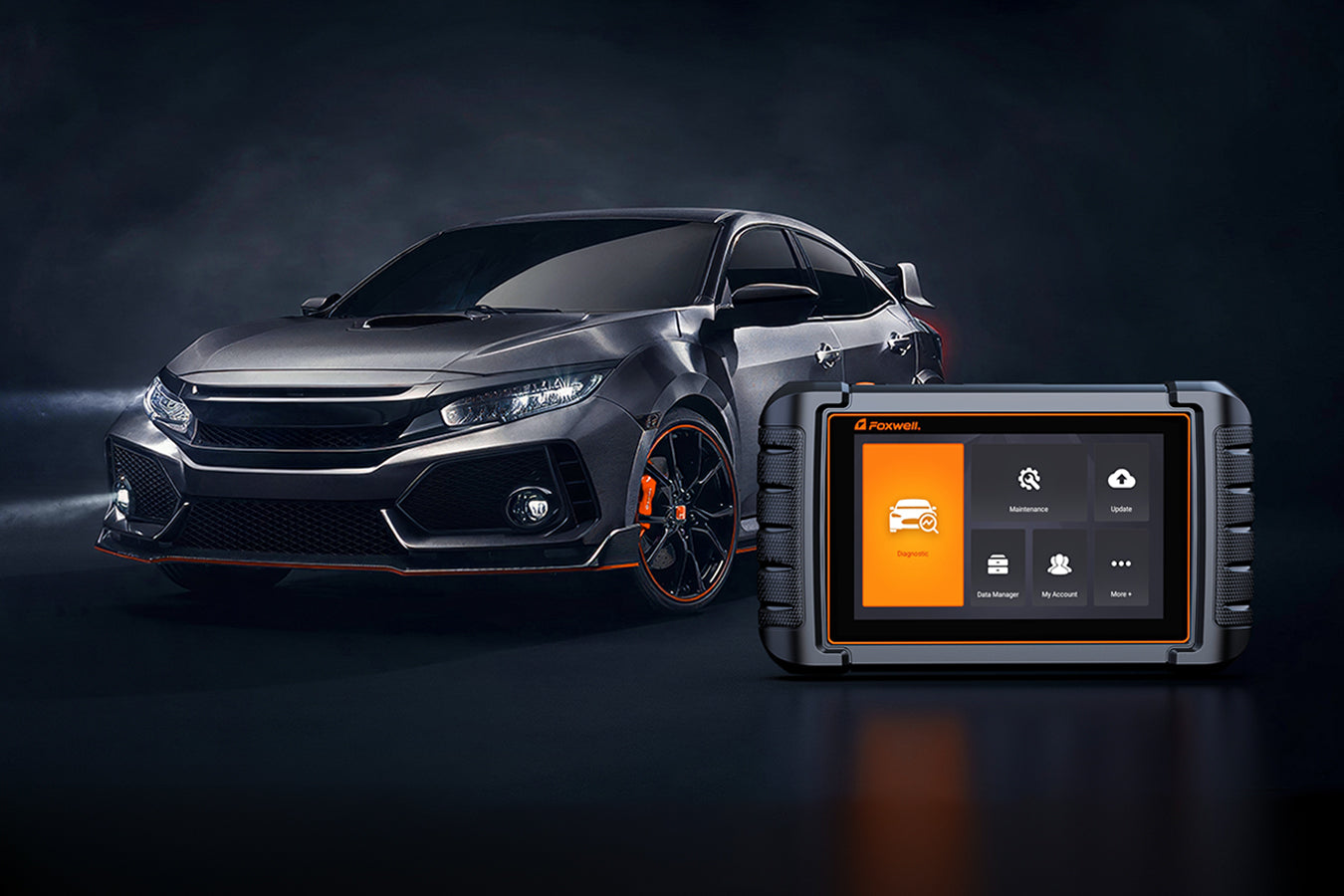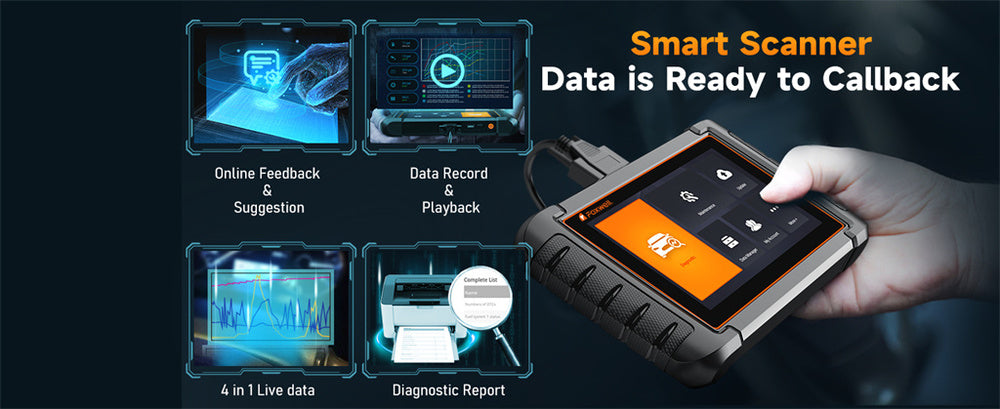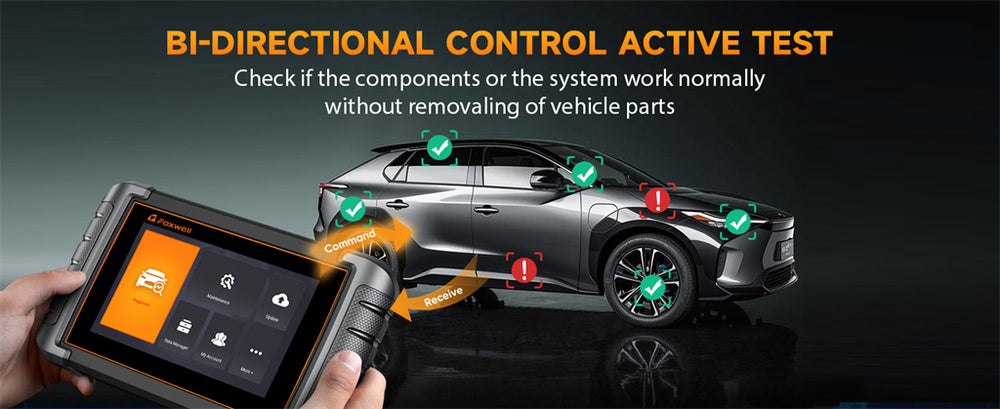Critical programming is an increasingly sought-after feature of modern OBD2 scanners, combining vehicle diagnostics with sophisticated security features.
This capability enables automotive professionals and enthusiasts to manage and program vehicle keys directly through their car's onboard diagnostic system.
Gaining more insight into key programming's essence, integration into OBD2 scanners, and implications can provide a greater understanding of its growing presence within the automotive industry.

What Is Key Programming?
Key programming involves configuring electronic chips within vehicle keys to interact with the onboard computer system of a car to recognize each other, making new keys for lost keys or spare copies more secure.
Modern vehicles use transponders or smart keys with embedded chips for enhanced security. when creating new copies, using OBD2 scanners' key programming feature, new data can be written directly into the vehicle's ECU, allowing new keys to start the car.
How Do OBD2 Scanners With Key Programming Work?
In the past, when programming new keys required going to a car dealership, this was costly and time-consuming.
Thanks to the critical programming features of some OBD2 scanners, this can now be done on your own using OBD2.
They plug into an auxiliary port beneath your dashboard, which connects with your car's computer system to add them directly into its memory system.
Benefits of Using an OBD2 Scanner with Key Programming
Below are a few reasons why having an OBD2 scanner with key programming could prove helpful:
Convenience: Programming new keys at home saves time and money when dealing with dealership prices.
Cost Savings: Utilizing your scanner tends to be cheaper.
Efficiency: Plugging the scanner and programming keys takes much less time than visiting a dealership for appointments and programming of keys.
Key Programming Features with Foxwell Scanner
OBD2 scanners with key programming features from Foxwell provide many advantages.
however, there are a few key considerations you should keep in mind to ensure safe use and make the tool as effective as possible. Involving something as essential as your car keys is no small matter.
Before using a Foxwell scanner for crucial programming, ensure its compatibility with your vehicle. Not all scanners are intended to work with every car model due to variations in software, onboard computer systems, or communication protocols.
Always consult the product specifications or contact Foxwell's support to ensure compatibility with your specific car model - this step will help avoid programming errors or potentially damaging its electronic systems.
Programming keys involves several security risks. By programming keys, you are accessing a vehicle's security system designed to prevent unauthorized usage.
Therefore, when using Foxwell scanners, they must comply strictly with legal and manufacturer guidelines, as this ensures your safety when programming keys.
Are you the Legal Owner, or do you Have Permission from the Owner to Program Keys?
In either case, the scanner must be used in a secure environment to prevent unwarranted observation or interference and ensure all keys and the scanner itself are stored safely to avoid theft or misuse.
By following these guidelines, you can help maintain the integrity of your vehicle's security system and safeguard against potential abuses.
Although Foxwell scanners are designed to be user-friendly, basic knowledge of your vehicle's systems and critical programming can significantly increase their effectiveness.
Learn about your diagnostic system and the steps required for key programming with your Foxwell scanner. its user manual or online tutorials from Foxwell may prove valuable resources.
Review Your Manual: Begin your journey by thoroughly reading your Foxwell user manual. It provides step-by-step instructions specific to key programming.
Seek online assistance: Foxwell's website and forums can provide valuable insights and troubleshooting advice from other users who may have faced similar issues.
Practice makes perfect: To build confidence, try running each procedure step-by-step under controlled conditions before undertaking them in an official environment.
Foxwell OBD2 scanners equipped with key programming features offer a combination of diagnostic and security functionalities that can add significant value to any automotive tool kit.
But paying close attention to compatibility, security, and skill level can make the difference between an enjoyable experience and potential complications - ensure you're well-informed before purchasing one from Foxwell!
Maintaining and Caring for Your OBD2 Scanner
Proper care of an OBD2 scanner is critical to its accurate function and long-term survival. Like any tool, an OBD2 scanner requires some TLC to deliver optimal performance.
Here, we discuss best practices for maintaining this device and troubleshooting common issues that might arise.
Best Practices for Maintaining an OBD2 Scanner
Proper care of an OBD2 scanner involves following some straightforward practices to maximize its lifespan and maintain accuracy. Here's how you can keep it in peak condition:
Always store the scanner in an area free of dust and moisture.these elements can wreak havoc with electronic devices.
Use a soft, dry cloth to wipe down its body and screen regularly - avoid harsh chemicals as these could potentially damage either its screen or casing.
Software Updates: Check for software updates regularly from your manufacturer to keep your scanner at peak performance.
Updates can fix bugs, improve functionality, and expand features. Keeping up-to-date ensures you get maximum use from it!
Handle with care: Although OBD2 scanners may seem durable, rough handling can still damage them. Avoid dropping or knocking them against hard surfaces. When not in use, store them safely to protect them from bumps and scratches.
Battery Management: If your scanner contains a battery, regularly charge it and prevent it from draining completely. Batteries may lose their ability to hold a charge if left depleted for extended periods and replaced if they no longer do so well.
Check Your Connectors and Ports: Cleanliness is critical for efficient scanner operation; be sure to keep all connectors and ports free from debris for optimal operation.
Dirty connectors may need gentle brushing or blasts of compressed air cleaning before being used again—Common Maintenance Issues and How to Address Them .
Common Maintenance Issues and How to Address Them
Even with proper care, an OBD2 scanner may still encounter issues. Here are some common problems and how to address them:
Device not Powering On First, make sure the battery is charged. If using a power cord, ensure it is appropriately connected and works.
If the scanner still doesn't start up, issues with its internal components or battery may require professional repairs.
Failing to connect with the vehicle's ECU: Check that the scanner's connector is securely plugged into the vehicle's OBD2 port. Examine both ports for any physical damage. If all appears normal but the connection still fails, restart both the vehicle and scanner and attempt connecting again.
Glitches or freezing: Rebooting the scanner is often enough to resolve this. If this doesn't help, resetting to factory settings might, though keep in mind that doing so will erase all data, so back up any valuable files prior to doing this if possible.
Error Codes or Inaccurate Readings: Check that your software is up-to-date; updates may correct errors and improve accuracy.
If updates do not resolve the issue, recalibration may be necessary - consult the user manual or manufacturer for guidance.

Conclusion
OBD2 scanners featuring critical programming capability represent an incredible step forward in automotive diagnostic technology.
These devices provide an all-inclusive tool that improves vehicle maintenance and repair flexibility by integrating security and diagnostic functions.
As automotive technology advances, integrated devices like OBD2 scanners with key programming features may become essential in managing vehicle functionality and security.
FAQs
Can any OBD2 scanner program keys be used for all cars?
No; first, ensure your scanner is compatible with your car model.
Is key programming with an OBD2 scanner legal?
Absolutely, if the vehicle belongs to you or has the owner's permission.
Do I require special training to program keys with an OBD2 scanner?
No; however, becoming acquainted with both device and vehicle systems helps.




Leave a comment
This site is protected by hCaptcha and the hCaptcha Privacy Policy and Terms of Service apply.